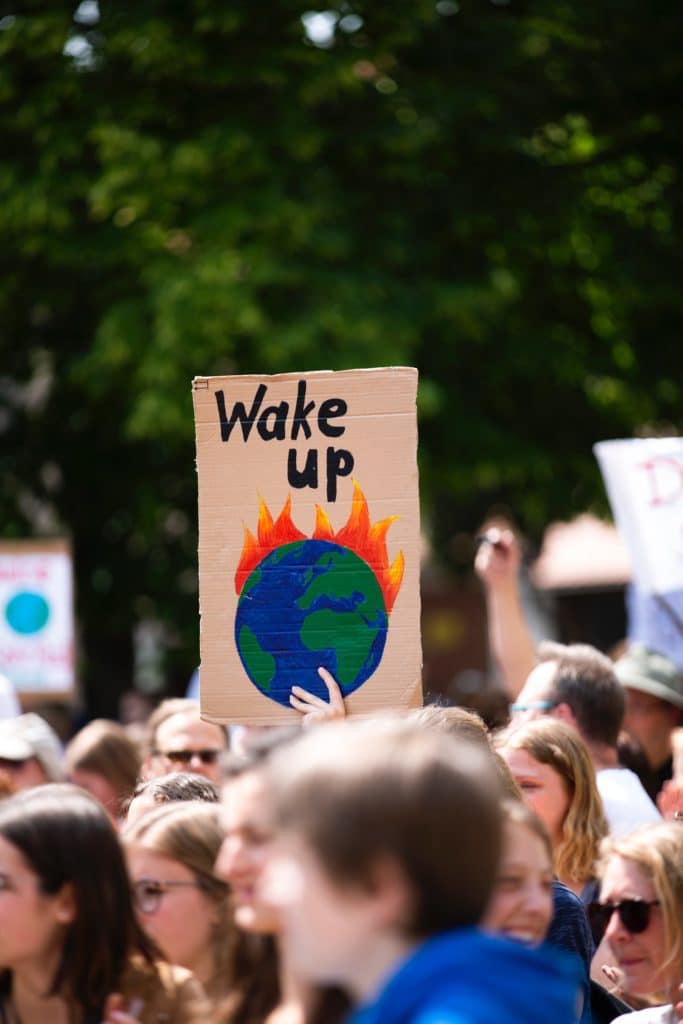School students all over the globe have declared a “Climate Emergency.” For some time now, youth have been striking for immediate and effective action to stop global warming and secure the habitability of our planet. Greta Thunberg is perhaps the most recognizable student protesting. You’ve probably seen her moving speech at the United Nations last month.

In the context where students skip school to protest, what role do teachers play? More broadly, what is the role of education in times of climate crisis?
One group of university professors and activists have thought deeply about these questions. They have recently launched a “Call to Action” for educators, asking signatories to transform their pedagogies and curricula, realign research agendas, and reformulate policy frameworks – all in line with the climate crisis and other environmental challenges. In short, signatories are asked to voice their concerns any way they can in their professional work in and outside the classroom.
By early November, almost 2,000 educators signed the Call to Action.
Today’s show takes you behind the scenes of this Call to Action, connecting the student protests and the climate crisis to the Sustainable Development Goals and Global Learning Metrics.
(Photo credit: https://unsplash.com/s/photos/climate-change)
Sign the call to action here: https://educators-for-climate-action.org/petition/
Transcript, Translation, and Resources:

